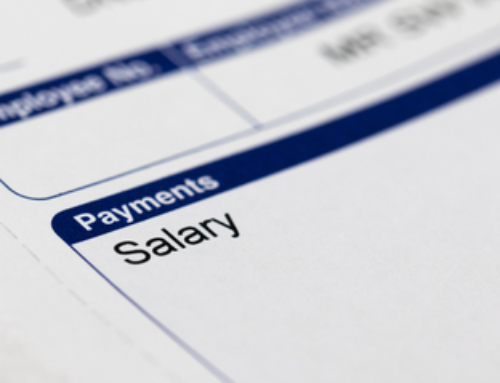If you have been wrongfully dismissed by your employer, you could be eligible to receive compensation. Wrongful dismissal is a very specific area of law, so here is everything you need to know about what it is and how to proceed with a wrongful dismissal claim.
What Is Wrongful Dismissal?
There are several different types of dismissal:
- Fair dismissal
- Unfair dismissal
- Constructive dismissal
- Wrongful dismissal
Wrongful dismissal is where your employer breaks the terms of your contract when they dismiss you – for example, by not giving you proper notice. This is different to unfair dismissal, where the reason for the termination is considered. During a claim for wrongful dismissal, the court or tribunal will only consider the contractual obligations of the employer. Fairness is not considered – just the terms of the contract and whether they have been broken.
How Can You Tell If You Were Wrongfully Dismissed?
Firstly, you should check your employment contract and check any dismissal clauses, particularly surrounding notice periods. This will tell you how your employer should have acted. There are certain occasions when an employer can dismiss an employee without notice, specifically:
- Where there is a Payment In Lieu of Notice (PILON) clause and you have received that payment.
- If you committed gross misconduct.
If your role was on a fixed-term or specific task basis, and the contract is ended before term is up or the task is complete, this could also be a case for wrongful dismissal, unless there is a term in the contract that allowed them to dismiss at that time.
How Much Compensation Will You Be Entitled To?
If the court or tribunal rules that you were wrongfully dismissed, you will receive damages. These will be based on pay and other benefits (for example, the use of a company car) that you would have received if your employer had fulfilled their contractual obligations.
If you found a new job during the period of notice that you should have received from your old employer, your new salary will be taken into account when calculating the loss.
When Should You Make A Wrongful Dismissal Claim?
Wrongful dismissal claims can be brought before civil court or an employment tribunal. There are several differences between the two:
- The time limit for a tribunal claim is three months, whereas a civil court claim can be brought within six years.
- Tribunal claims are usually resolved quicker than civil court claims.
- The costs for civil court claims are usually higher.
- Claims in an employment tribunal are capped at £25,000, whereas civil court claims are uncapped.
For help and advice about whether you were subject to wrongful dismissal and how to proceed with a claim in either an employment tribunal or civil court, Beeston Shenton’s friendly employment law team is here for you. We will support you every step of the way to make sure that your rights are protected and upheld. Contact us here.




